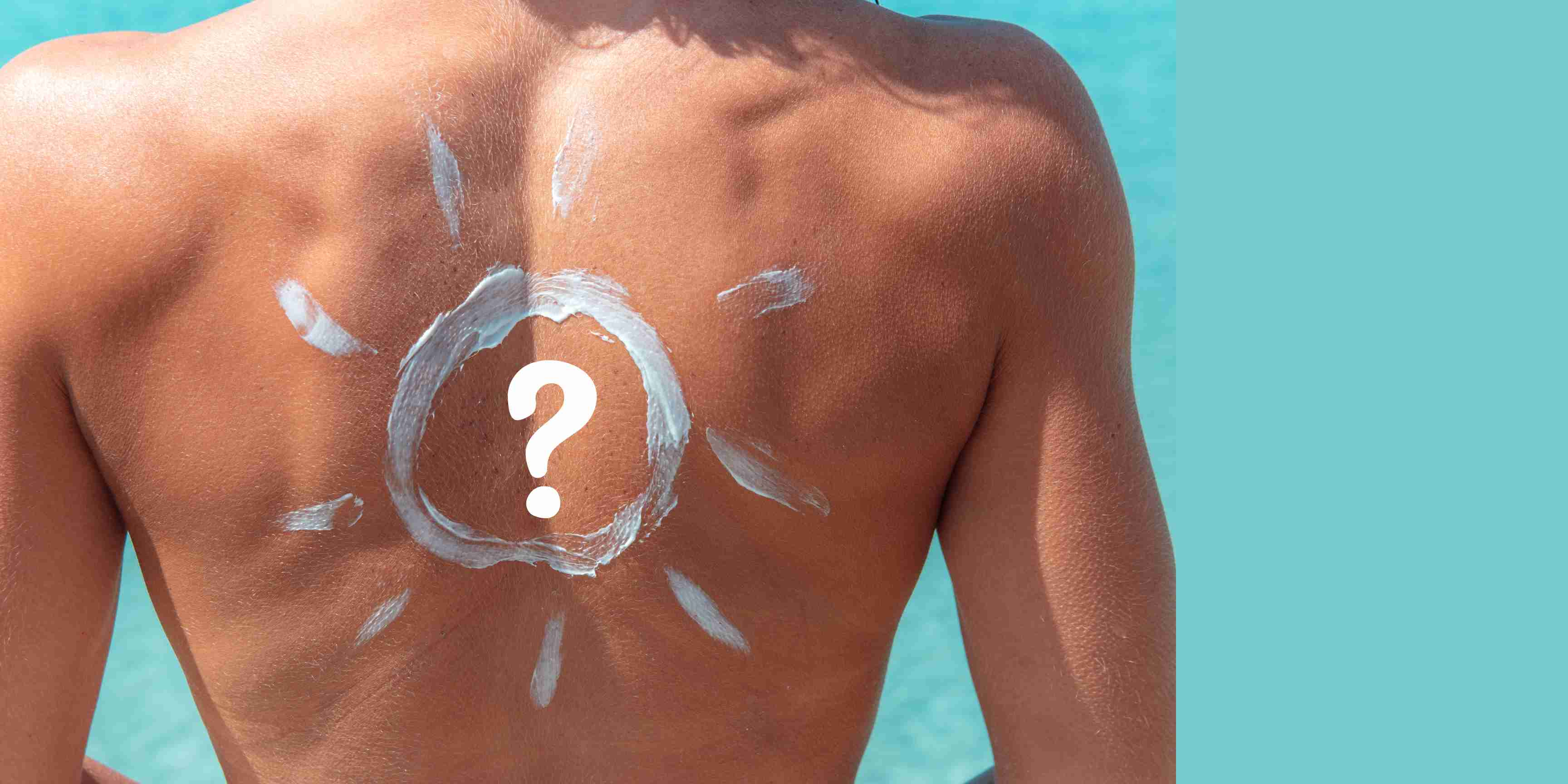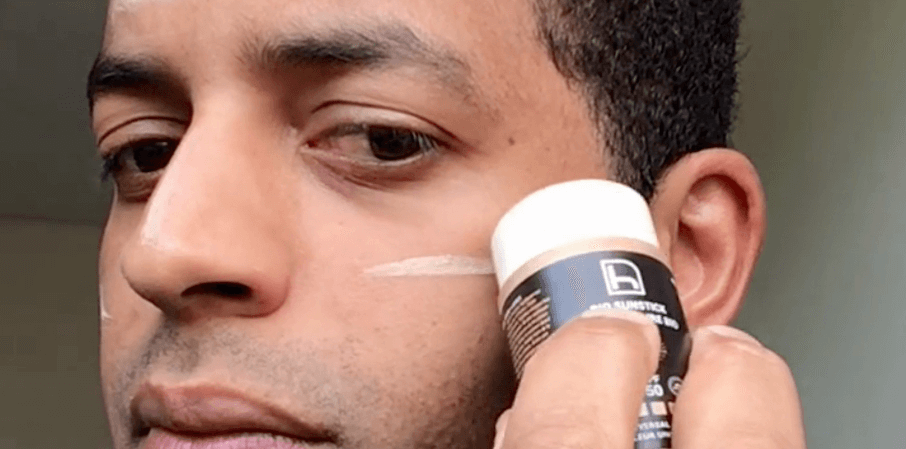
Do sunscreens expire?
The use of sunscreen is becoming increasingly widespread throughout the year, due, on the one hand, to greater awareness, and on the other, because it seems that heat periods and intense sun are becoming longer and longer.
However, of all the personal care products that we can find in our bathroom, the one that usually lasts the longest, and often from one year to the next, is sunscreen.
This is because when summer ends, we stop using sunscreen, and it stays stored in the closet until the next season.
Until now, most people finished using their sunscreen from the previous season before purchasing a new one.
Do all sunscreens expire?
However, several news items are appearing in the media and social networks, warning against using sunscreen purchased the previous year.
The reason given to justify this argument is that sunscreens lose effectiveness from one year to the next.
And this is true, but partially. We go by steps. There are two types of sunscreens on the market.
Types of sunscreens
- Those with a chemical protection filter
- Those with a physical protection filter
Chemical filters
They are what most conventional sunscreens contain. If a protector contains chemical filters, it cannot be certified as natural and organic.
The advantage of chemical filters is that they allow the creation of very light formulations that do not leave a white trace, but at the same time, they are ingredients that, although they are approved by health authorities and are currently safe, are not free from controversy either.
And indeed, chemical sun protection filters, when they come into contact with other organic elements of the product, degrade and lose effectiveness over time.
That is why sunscreens with chemical filters, that is, the vast majority of sunscreens on the market, do expire, and their protection factor decreases over the months.
That is why it is not recommended to use them from one year to the next, since their protection factor will be lower than that mentioned on the label.
Physical or mineral filters
On the other hand, we have physical or mineral filters. These types of filters, instead of absorbing the sun's rays, create a screen effect and block them.
These types of filters are basically two minerals: zinc oxide and titanium dioxide, which at a topical level are totally harmless, and are the only two sun protection filters allowed by natural and organic certification bodies.
Physical filters are the only ones allowed on beaches and protected natural sites, since they do not contain endocrine disruptors that could affect the flora and fauna of said sites.
Mineral filters usually leave a white layer on your skin, and that is why, at Homo Naturals, we use colored mineral pigments to avoid that white trace.
These physical or mineral filters do not expire.
So, sunscreens with mineral filters don't expire?
It depends on each brand and each sunscreen, since, as we have mentioned above, physical filters, per se, do not expire, the rest of the ingredients that make them up can expire.
But we recommend that you look to see if the product contains an expiration date on the packaging. If it does not have an expiration date, do not panic, that means that the product has passed the necessary stability tests so that it is not necessary to indicate an expiration date.
Does our Sunstick expire?
Our Sunstick is not only formulated with physical filters that, as we mentioned above, do not expire, but it is also a solid product.
Being a stick sunscreen, it does not contain any water, and, therefore, its formulation is completely stable, and does not expire.
Conclusion
In conclusion, we can affirm that:
- Sunscreens with chemical filters do expire.
- Sunscreens with physical filters (those that contain organic certification), in principle do not expire, although we recommend that you check if they have an expiration date, because the other ingredients that make them up do expire.
- Our Sunstick, biodegradable sunscreen stick, contains physical filters and has a solid format, does not expire, and is safe to use from one year to the next.
Furthermore, since our 50 gram Sunstick is surely the largest sunscreen stick on the market, it will most likely last you more than one season.
Therefore, you can rest assured that our Sunstick maintains in full its SPF 50.





Leave a comment
This site is protected by hCaptcha and the hCaptcha Privacy Policy and Terms of Service apply.